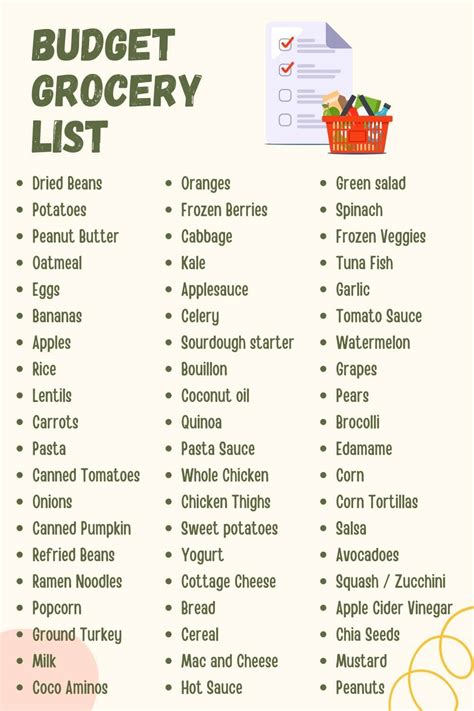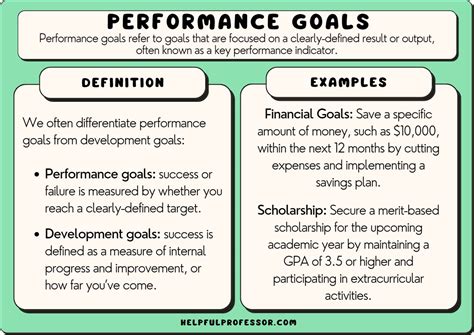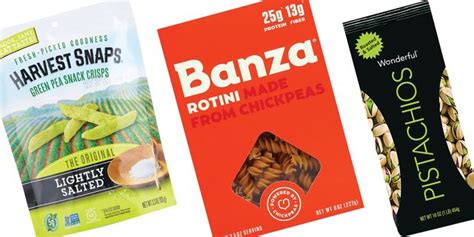For men striving for peak physical and mental performance, nutrition isn’t just about eating; it’s about fueling the engine. Yet, the pursuit of healthy, performance-boosting meals often comes with a perceived hefty price tag. The good news? Optimal nutrition doesn’t have to break the bank. With strategic planning and smart choices, you can power your body and mind without emptying your wallet.

Why Healthy Fuel Matters for Men
Beyond general well-being, specific nutritional needs support men’s unique physiology and activity levels. Adequate protein intake is crucial for muscle repair and growth, while complex carbohydrates provide sustained energy for workouts and demanding days. Healthy fats support hormone production and overall cellular function. Neglecting these can lead to decreased energy, impaired recovery, and compromised performance.
However, the challenge often lies in aligning these needs with a realistic budget. Fast food and highly processed options might seem cheaper upfront, but their long-term costs to health and productivity are far greater.
The Budgeting Blueprint: Plan Your Success
The cornerstone of affordable healthy eating is meticulous planning. Without it, impulse purchases and food waste can quickly derail your budget.
- Weekly Meal Planning: Dedicate time each week to plan every meal and snack. Consider your caloric needs, protein targets, and macro distribution. This prevents last-minute, expensive food decisions.
- Create a Detailed Grocery List: Stick strictly to your list. This minimizes impulse buys and ensures you only purchase what’s needed for your planned meals.
- Embrace Bulk Buying (Smartly): Non-perishables like oats, rice, pasta, canned beans, and frozen fruits/vegetables are often cheaper in bulk. Ensure you have storage space and will actually use the quantities purchased.
- Cook at Home: Eating out, even moderately, is significantly more expensive than preparing meals at home. Cooking gives you control over ingredients and portion sizes, saving money and boosting health.
- Seasonal Produce: Fruits and vegetables are typically cheaper and more flavorful when they are in season. Plan your meals around what’s available seasonally.

Smart Shopping Strategies for Maximum Savings
Your trip to the grocery store is where your budget plan comes to life. Strategic shopping can yield significant savings.
- Compare Prices: Don’t be afraid to check unit prices. Sometimes larger packages are a better value, but not always. Look at different brands and store flyers.
- Opt for Store Brands: Generic or store-brand products often offer comparable quality to name brands at a lower price.
- Utilize Sales and Coupons: Plan your meals around items that are on sale. Digital coupons and loyalty programs can also provide savings.
- Don’t Shop Hungry: Shopping on an empty stomach makes you more susceptible to impulse purchases and unhealthy snack cravings.
- Frozen vs. Fresh: For certain items, frozen can be a more economical and equally nutritious choice, especially for out-of-season produce. Frozen berries for smoothies or frozen vegetables for stir-fries are excellent examples.

Performance-Boosting Meals on a Budget: Recipe Ideas & Meal Prep Hacks
Think versatile, nutrient-dense ingredients that can be used in multiple ways throughout the week.
- Protein Powerhouses:
- Eggs: Inexpensive and incredibly versatile for breakfast, lunch, or even dinner.
- Chicken Thighs/Legs: Often cheaper than breasts and richer in flavor.
- Canned Tuna/Salmon: Excellent source of protein and omega-3s.
- Lentils & Beans: Plant-based protein and fiber champions. Great in stews, chili, or salads.
- Carbohydrate Champions:
- Oats: For breakfast, overnight oats, or as a base for energy bars.
- Brown Rice & Quinoa: Buy in bulk, cook in large batches, and use as a side or base for bowls.
- Potatoes (Sweet & White): Versatile, filling, and inexpensive.
- Healthy Fats:
- Nuts & Seeds: Buy in bulk if possible.
- Avocados: While sometimes pricier, a little goes a long way. Look for sales.
- Olive Oil: Essential for cooking and dressings.

Meal Prep Hacks:
- Batch Cooking: Dedicate a few hours one day a week (e.g., Sunday) to cook staples like grilled chicken, roasted vegetables, and grains.
- One-Pot Wonders: Casseroles, stews, and sheet pan meals minimize cleanup and maximize efficiency.
- Leftover Creativity: Transform dinner leftovers into a new lunch or even a different dinner component the next day.

Conclusion
Fueling your body for optimal performance as a man doesn’t require a gourmet chef or an unlimited budget. It demands discipline, planning, and smart decision-making. By adopting a strategic approach to meal planning, grocery shopping, and home cooking, you can consistently provide your body with the nutrients it needs to thrive, achieve your fitness goals, and maintain robust health – all while keeping your finances in check. Start small, stay consistent, and watch both your energy levels and your savings grow.




